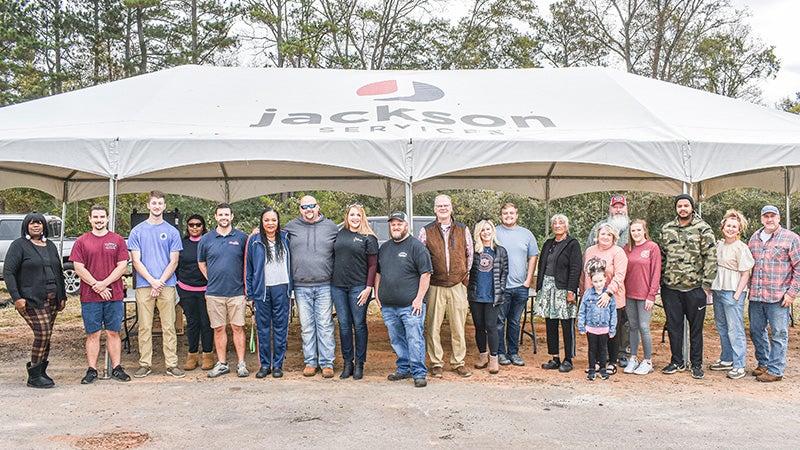Raising awareness of inequity in maternal health
Published 10:30 am Friday, April 7, 2023
|
Getting your Trinity Audio player ready...
|
In honor of Black Maternal Health Week, on April 13, Maternal Fetal Specialist Dr. Nana Bentum will be the keynote speaker during the Canvas Talk paint and learn session.
The Canvas Talk, hosted by Dr. Katilya Ware, professor of nursing and maternal health researcher from Auburn University, will focus on maternal health at the health and wellness center in LaFayette.
When COVID-19 hit, it wreaked havoc on the healthcare system, shining a spotlight on its cracks. The United States already had the highest maternal mortality rate in the developed world. That was only exacerbated by the pandemic.
In 2021, President Joe Biden and Vice President Kamala Harris made a proclamation to make April 11 to 17 national Black Maternal Health Week.
Bentum, from Auburn, will explain what maternal morbidity and mortality look like in the United States and how it affects women.
“You just don’t know what you don’t know,” Ware said.
BMHW is meant to bring awareness to the community about the high maternal mortality and morbidity rates in Black women.
“We are going to make sure we emphasize that black women are the ones that experienced that inequality there. The inequity is what we’re seeing,” Ware said. “So we do want to raise awareness, but we want to be inclusive and include all women because all women are dying.”
The adverse maternal health outcomes are caused by many social determinants, one of which may be healthcare access and quality. After losing her sister during childbirth in 2011, Ware became reinvigorated to raise awareness by hosting maternal health education events for rural communities facing transportation barriers or limited healthcare access like Chambers County.
“That’s my big goal is to increase awareness, but I like to say, with community togetherness,” Ware said. “I don’t want to do this by myself. I want to get out there and tell people what I want them to tell other people.”
Alabama is third in the U.S. for the highest maternal mortality rates in the U.S with 36.2 per 100,000. Only 40% of women continue to go to postpartum visits after the first six weeks. However, pregnancy-related deaths extend to one year after delivery.
Ware, who worked in emergency nursing, said many patients don’t report that they’ve given birth in the last year because they’re told that it’s not relevant.
“We’re a developed country, but we have one of the worst maternal mortality rates. I think what’s happening is we’re so focused on that new baby, and as women, we don’t really always take care of everyone else,” Ware said. “So we’re not focused on our own health. Well, that’s a problem because we’re dying more beyond that six-week period.”
Black women in the U.S. are three to four times more likely to die from complications of pregnancy and labor than white women, according to the National Association of County and City Health Officials. These mortality rates are attributed to more than just social determinants but healthcare inequity and the de-prioritization of Black patients.
According to the American Medical Association, death rates for infants of Black Americans with advanced degrees are higher than for White Americans who didn’t complete high school.
The health and wellness center is run by the county Extension office, county Commissioners and Auburn University this year. The program’s goal is to provide access to health resources and education in rural parts of the area.
“I think it’s going to be a great thing for our community because it gives us information and insight on the maternal things that are happening in our community and not just us especially, but around the state as well,” said Commissioner Doug Jones. “And I think that the more information that we receive on something the better you are off.”
“And we’re not stopping with Black Maternal Health Week,” Ware said.
This year, Ware received a Patient-Centered Outcomes Research Institute grant to help build a consortium of pregnant women, support people and healthcare experts to determine factors and develop solutions.
“It’s a consortium of people working together so patients have a voice,” Ware said.





